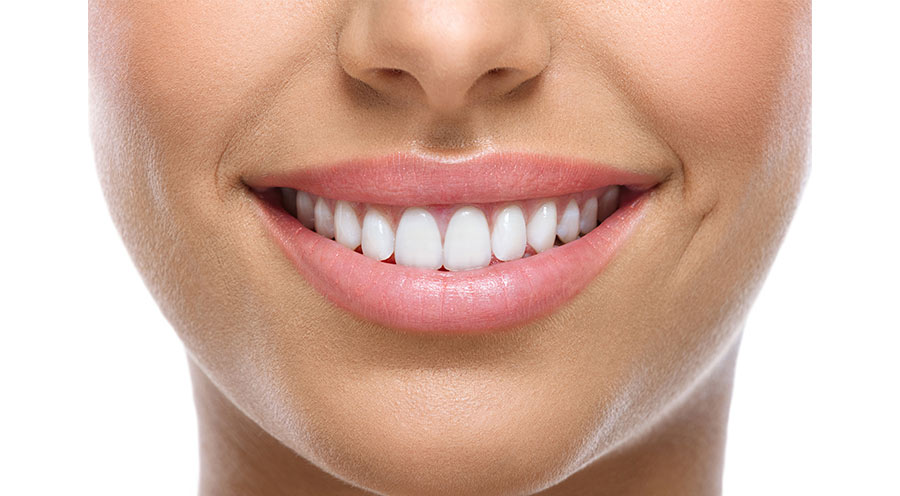
Xylitol: A Comprehensive Examination of its Role in Cavity Prevention and Enamel Strengthening
Dental caries, commonly known as cavities, remain a significant global health concern. The relentless attack of cariogenic bacteria on tooth enamel leads to demineralization and ultimately, the destruction of tooth structure. While traditional methods of cavity prevention, such as brushing, flossing, and fluoride treatments, are crucial, emerging research highlights the potential of xylitol, a naturally occurring sugar alcohol, as a powerful adjuvant in the fight against dental caries and the promotion of enamel strength. This article will delve into the multifaceted mechanisms by which xylitol contributes to improved oral health.
The Unique Properties of Xylitol
Xylitol, a five-carbon sugar alcohol found naturally in small amounts in various fruits and vegetables, possesses a unique chemical structure that distinguishes it from other sugars. Unlike sucrose (table sugar) and other fermentable carbohydrates that fuel the growth of cariogenic bacteria, xylitol exhibits a remarkably different effect on oral microbiota. This distinction lies at the heart of xylitol's efficacy in preventing cavities.
Metabolic Inhibition of Streptococcus Mutans
The primary culprit in the development of dental caries is Streptococcus mutans, a bacterium that thrives on dietary sugars. These sugars are metabolized by S. mutans, producing lactic acid, which subsequently demineralizes tooth enamel. Xylitol, however, disrupts this crucial metabolic process. S. mutans is unable to effectively metabolize xylitol, significantly reducing the production of lactic acid. This metabolic inhibition limits the bacterial capacity to damage enamel.
Reduced Bacterial Adhesion and Colonization
Beyond its metabolic impact, xylitol interferes with the ability of cariogenic bacteria to adhere to and colonize the tooth surface. The formation of a bacterial biofilm, commonly known as dental plaque, is a prerequisite for the development of caries. Xylitol inhibits the binding of S. mutans and other cariogenic bacteria to the enamel surface, hindering plaque formation and reducing the overall bacterial load in the oral cavity. This reduction in biofilm formation minimizes the opportunity for acid production and enamel demineralization.
Stimulation of Saliva Production
Saliva plays a vital role in maintaining oral health. It contains various protective components, including buffers that neutralize acids, remineralizing ions that repair enamel, and antimicrobial substances that inhibit bacterial growth. Studies suggest that xylitol can stimulate saliva production, thereby enhancing the natural defense mechanisms of the oral cavity. Increased saliva flow helps wash away food particles, bacteria, and acids, contributing to a cleaner and healthier oral environment.
Xylitol's Contribution to Enamel Strengthening
Beyond its cavity-preventative effects, xylitol appears to exert a positive influence on the remineralization process of enamel. Enamel demineralization, resulting from acid attack, can be partially reversed through the reintroduction of calcium and phosphate ions. While saliva contributes to this process, external factors can enhance remineralization.
Enhanced Remineralization
The reduced acid production associated with xylitol consumption creates a more favorable environment for enamel remineralization. By minimizing the demineralizing effects of acids, xylitol allows the saliva and other remineralizing agents to effectively repair the damaged enamel structure. This restorative effect can help to strengthen enamel and improve its resistance to future acid attacks.
Synergistic Effects with Fluoride
Fluoride is a well-established agent in cavity prevention, acting primarily by enhancing enamel resistance to acid attack and promoting remineralization. Preclinical and clinical studies suggest that xylitol and fluoride exhibit a synergistic effect. When used in combination, the cavity-preventative and remineralizing effects of xylitol and fluoride appear to be greater than the sum of their individual effects, providing enhanced protection against dental caries.
Improved Calcium and Phosphate Ion Uptake
Emerging research suggests that xylitol may enhance the uptake of calcium and phosphate ions into the enamel structure, further augmenting the remineralization process. While the exact mechanisms remain under investigation, it's hypothesized that xylitol's influence on the oral environment might improve the bioavailability of these essential ions for enamel repair and strengthening.
Clinical Evidence and Practical Applications
Numerous clinical trials have demonstrated the effectiveness of xylitol in preventing dental caries. Studies involving various delivery methods, including chewing gum, lozenges, and rinses, have consistently shown a significant reduction in caries incidence among participants using xylitol products. These findings support the incorporation of xylitol into oral hygiene strategies.
Dosage and Administration
The optimal dosage of xylitol varies depending on the delivery method and the individual's needs. Generally, consuming 6-10 grams of xylitol per day, spread throughout the day, is considered effective for caries prevention. However, it is crucial to consult with a dental professional to determine the appropriate dosage and administration method based on individual circumstances.
Potential Side Effects
While generally considered safe, excessive consumption of xylitol can cause gastrointestinal upset in some individuals. Moreover, xylitol is highly toxic to dogs, and ingestion can lead to serious health consequences, even death. Therefore, xylitol-containing products should be kept out of reach of pets.
Conclusion
Xylitol stands out as a promising agent in the prevention of dental caries and the enhancement of enamel strength. Its multifaceted mechanisms of action, including inhibition of S. mutans metabolism, reduced bacterial adhesion, stimulated saliva production, and enhanced remineralization, contribute to its effectiveness. Clinical evidence strongly supports the integration of xylitol into comprehensive oral hygiene programs, offering a valuable adjuvant to traditional methods for maintaining optimal oral health. While further research is warranted to fully elucidate its mechanisms and optimize its applications, xylitol represents a significant advancement in the fight against dental caries.
It is important to note that xylitol is not a replacement for regular oral hygiene practices, including brushing and flossing. It should be considered a complementary approach to improve oral health and strengthen enamel. Consultation with a dental professional is always recommended to determine the appropriate use of xylitol and other preventative measures for maintaining optimal oral health.
No comments:
Post a Comment
Note: Only a member of this blog may post a comment.